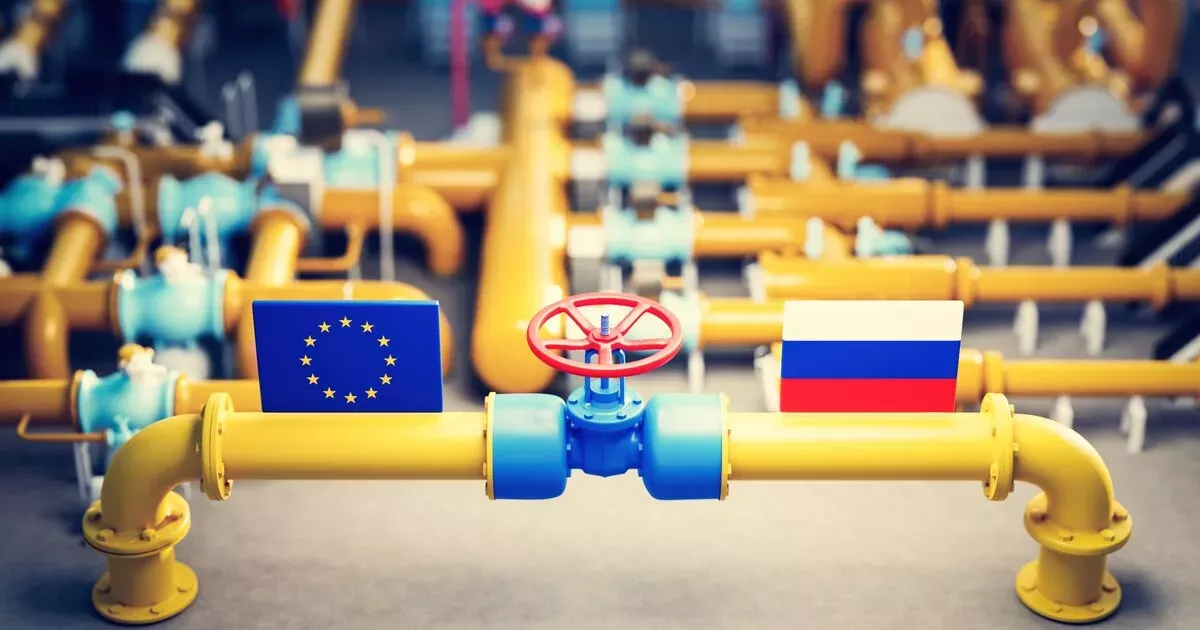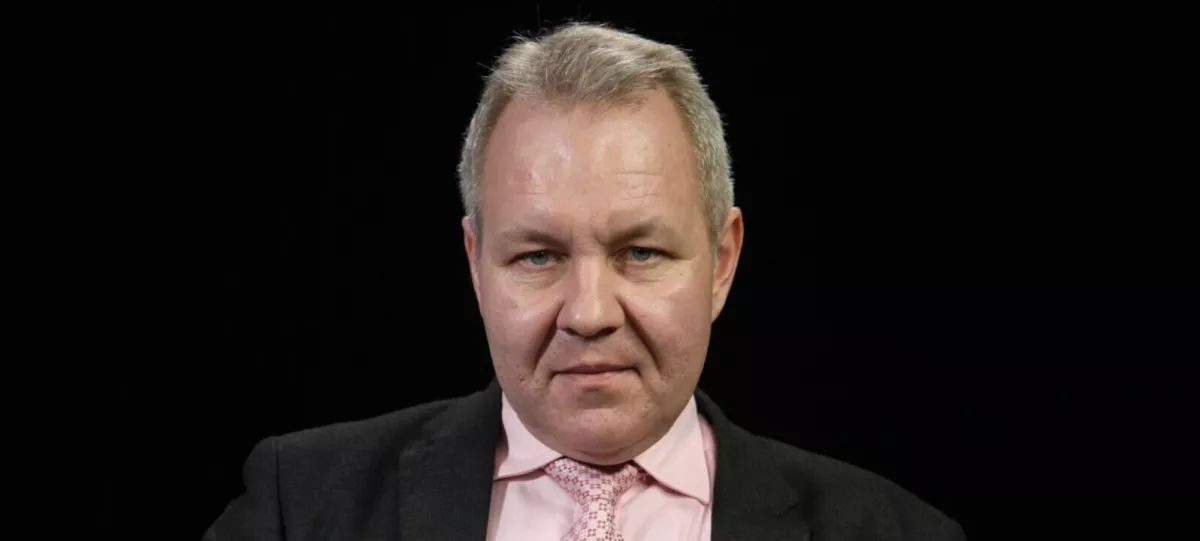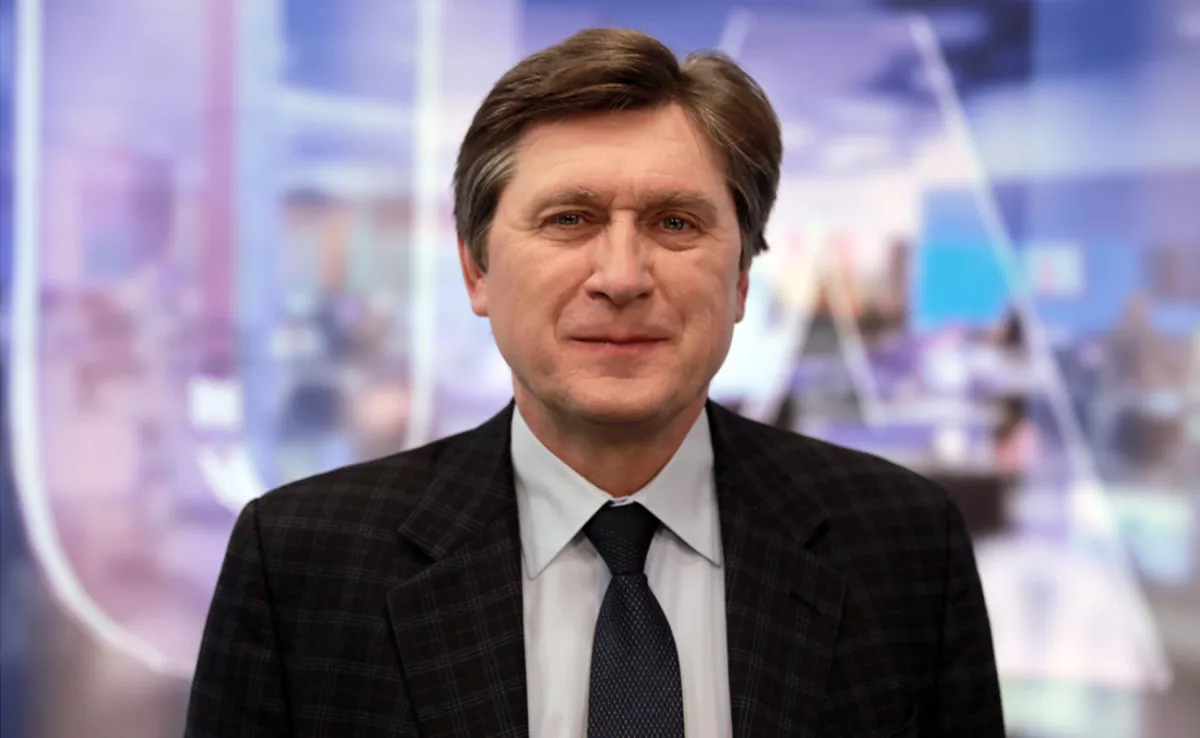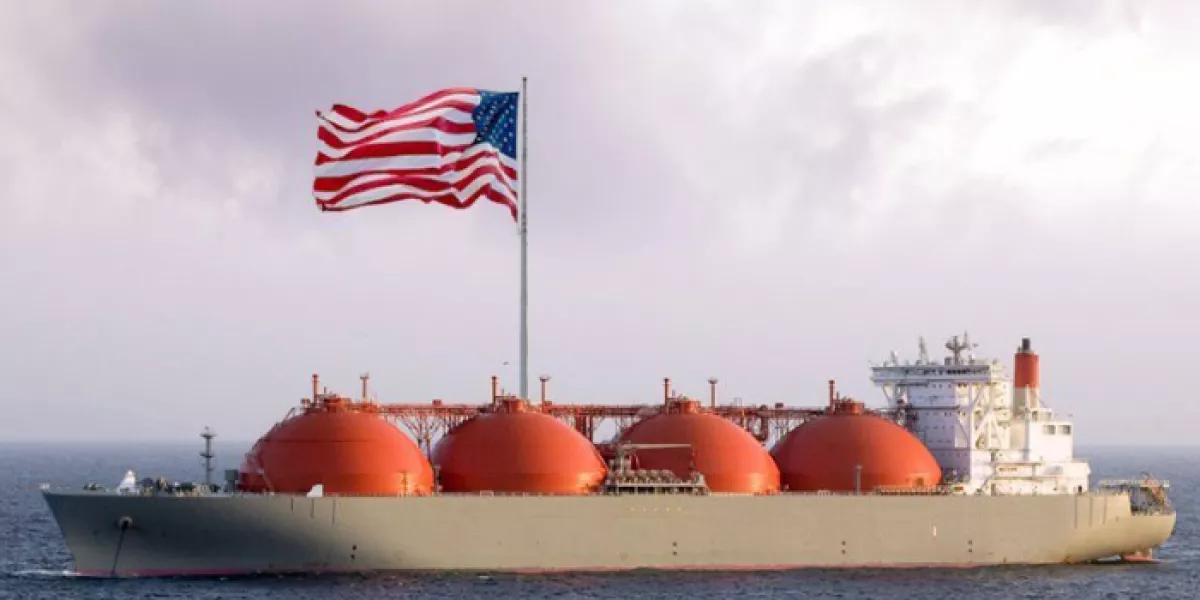Europe’s energy paradox Why some EU states still buy Russian oil and gas
Seven European Union (EU) member states have increased their imports of energy resources from Russia, Reuters reports.
“Seven of the EU's 27 member countries increased the value of their imports versus a year earlier, including five countries that support Ukraine in the war,” the publication states.

According to the agency, France, Belgium, the Netherlands, as well as Croatia, Romania, Portugal, and Hungary have increased their purchases of Russian energy resources in value terms compared to the previous year.
In France, imports of Russian energy carriers rose by 40% — reaching €2.2 billion — while in the Netherlands they grew by 72%, to €498 million.
How should this be interpreted? After all, these same countries fear a possible future war with Russia, yet continue to sustain its economy. How else can these purchases of oil and gas be viewed? Is this not absurd?
To answer these questions, Caliber.Az turned to well-known foreign experts.

Russian political scientist and sociologist Vladislav Inozemtsev, head of the Centre for Post-Industrial Studies, believes that there is no major issue here, as Russia’s total exports are roughly one hundred times greater than the volume of oil and gas purchased by European countries.
“Refusing these supplies would make no real difference to the Russian economy. It would actually make more sense to buy more cheap oil and gas from Russia and then impose a domestic tax on these purchases to fund support for Ukraine.
I think that after three and a half years of war, it has become clear that sanctions in their current form will not destroy the Russian economy, and the outcome of this war will be decided on the battlefield. Therefore, the real question is not where Europeans buy their oil and gas, but how much money they provide to Ukraine, how much weaponry they supply, and how consistent their support is.
Frankly speaking, I don’t see much of a problem with such purchases, especially since giving them up only increases Russia’s oil and gas exports to Asian countries, allowing it to compete even more successfully with European goods, while Europe ends up buying expensive energy resources elsewhere,” Inozemtsev explained.

Analyst, publisher, and editor-in-chief of the magazine Neue Zeiten and the YouTube channel Neue Zeiten TV (Germany), Alexander Cherkassky, noted that there has indeed been an increase in energy imports from Russia by certain EU countries, particularly in terms of liquefied natural gas (LNG).
“However, this increase is more the exception than the rule and is linked to the specific dynamics of the LNG market, contractual obligations, logistics, and pricing.
On average, the EU continues to pursue a course of reducing dependence on Russia and diversifying its supply sources. I don’t believe there are any political motives behind this,” he stated.

Director of the Penta Centre for Political Studies (Ukraine) Volodymyr Fesenko believes that this situation clearly illustrates the conflict between political and economic interests that has emerged in several European countries amid the Russia–Ukraine war.
“Immediately after Russia’s full-scale invasion of Ukraine in 2022, the EU imposed rather strict economic sanctions against Russia. However, restrictions on energy resources were postponed, as an immediate rejection of Russian oil and gas could have triggered a severe energy crisis in Europe. Therefore, a gradual and phased withdrawal from Russian energy supplies was planned.
Initially, this was scheduled to be completed by 2030, but when Russia began blackmailing Europeans in the autumn of 2022 by restricting gas supplies and sharply raising prices, the EU decided to accelerate the process and completely abandon Russian gas by the end of 2027.
This primarily concerns pipeline gas. Before the full-scale war against Ukraine, the EU received about 140 billion cubic metres of pipeline gas from Russia, whereas now the figure stands at around 16 billion cubic metres — a ninefold decrease. The main consumers of Russian pipeline gas in the EU remain Hungary and Slovakia, which also maintain special political relations with Russia, as well as Bulgaria, which receives Russian gas via Türkiye,” the researcher explained.
According to him, such a sharp rejection of Russian pipeline gas had to be compensated for somehow.

“There has been an increase in liquefied natural gas (LNG) imports, especially from the United States. EU countries now purchase 45% of their total LNG consumption from the US. Yet, paradoxically, there has also been a certain rise in imports of Russian LNG — primarily by the countries mentioned in the Reuters report. In this case, the selfish economic interests of some European states outweigh their political and ideological values.
Russia supplies about 20 billion cubic metres of LNG to Europe. Two-thirds of these deliveries are made under long-term contracts, which makes their immediate termination difficult.
Nevertheless, the problem of conflicting political and economic interests is clearly recognised within the European Union. Therefore, and also under pressure from the United States, the EU plans to completely halt imports of Russian gas as of 1 January 2027. This decision still needs to be formally approved, and resistance from Hungary and Slovakia is expected. However, the likelihood of its adoption is quite high.
A similar situation applies to the import of Russian oil. Before Russia’s full-scale invasion of Ukraine, Russian oil accounted for 29% of the European market; now it stands at just 2%. Following the introduction of sanctions on Russian oil imports, temporary exemptions were granted to Hungary and Slovakia. However, they too are expected to abandon Russian pipeline oil by 2027,” Fesenko concluded.








